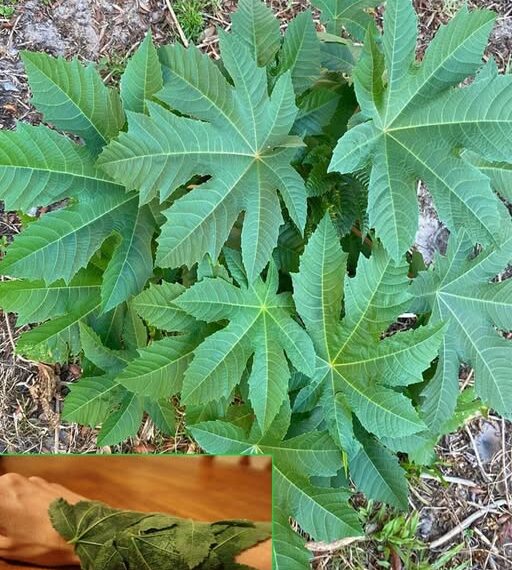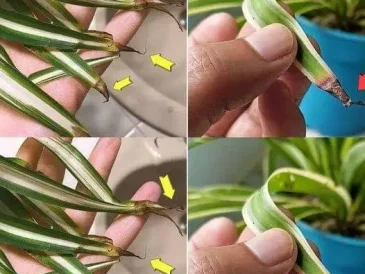Nature has always been a source of powerful remedies, and one of the most fascinating plants in traditional medicine is Phyllanthus niruri, commonly known as stonebreaker. Its name comes from its reputed ability to help the body break down kidney stones and gallstones naturally. For centuries, this plant has been used in Ayurveda, traditional Chinese medicine, and indigenous healing practices across South America, Africa, and Asia.
The images above show lush green leaves often associated with herbal remedies, symbolizing the plant’s natural healing power. The smaller image also demonstrates its traditional use—applying leaves directly to the skin as a form of natural therapy.
1. Origins and Traditional Use
The stonebreaker plant is native to tropical and subtropical regions, particularly in India, South America, and parts of Africa. Its medicinal use dates back over 2,000 years. Ancient healers noticed that people who consumed this plant seemed to suffer less from kidney stones and urinary tract problems, leading to its reputation as a “stone breaker.”
In local traditions, the plant has also been used as:
- A tea or decoction to cleanse the urinary tract.
- A poultice (leaf application) for skin inflammation.
- A tonic to support liver and digestive health.
2. Health Benefits of Stonebreaker
A. Kidney and Gallstone Support
- Research suggests that Phyllanthus niruri can help inhibit the formation of calcium oxalate crystals, the primary cause of kidney stones.
- A 2010 study published in the Brazilian Journal of Urology showed that regular use of stonebreaker tea helped reduce kidney stone recurrence and aided in their natural elimination.
B. Liver Protection
- Stonebreaker is widely used to support liver health. Studies from India have shown its effectiveness in lowering liver enzyme levels, which is beneficial for individuals with hepatitis or fatty liver disease.
- It contains antioxidants like lignans and flavonoids, which help protect liver cells from toxins.
C. Antiviral Properties
- In traditional medicine, stonebreaker has been used to treat hepatitis B. Some lab studies confirm that extracts of the plant may help suppress viral replication.
- Researchers in Asia and South America are continuing to investigate its role as a natural antiviral agent.
D. Anti-inflammatory and Pain Relief
- The leaves and extracts have anti-inflammatory compounds that help reduce swelling and pain.
- Applied as a poultice, it can soothe joint pain, arthritis, insect bites, and minor wounds.
E. Digestive and Urinary Health
- Stonebreaker tea acts as a mild diuretic, promoting urine flow and flushing toxins from the system.
- It also aids in relieving indigestion, bloating, and constipation.
3. How to Use Stonebreaker
TO CONTINUE READING THE ARTICLE PLEASE SEE PAGE 2





